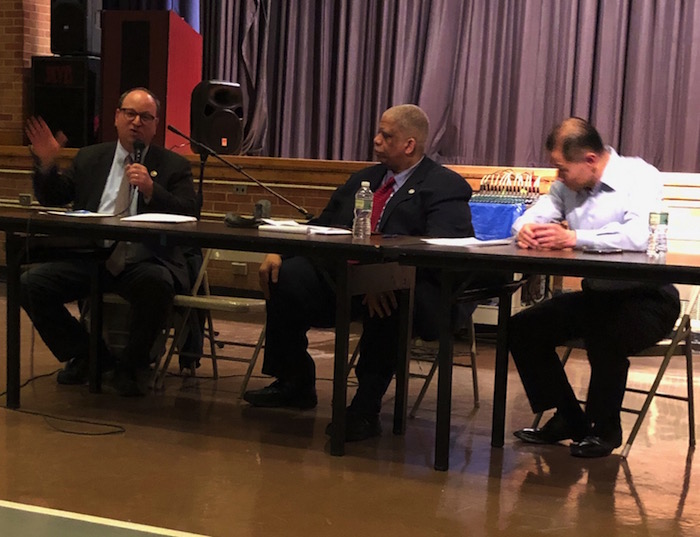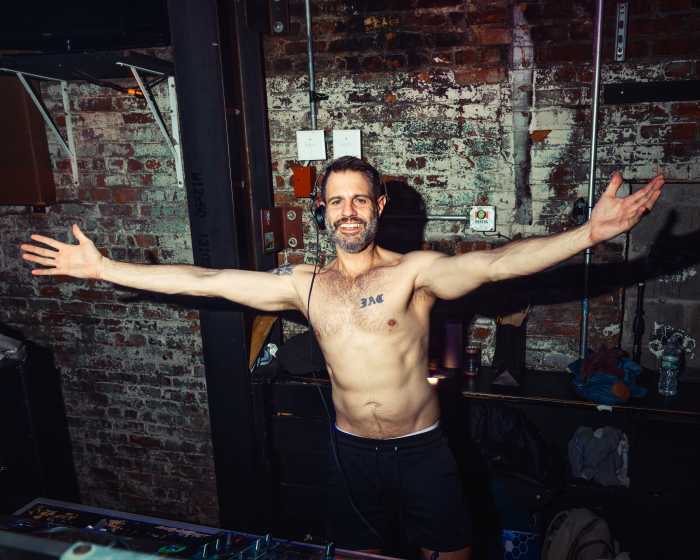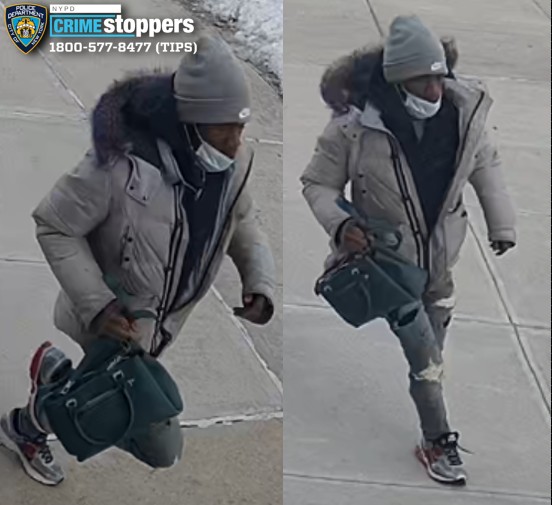As Mayor Bill de Blasio and Governor Andrew Cuomo kick the ball on deciding who is going to be responsible for fixing the MTA, time is ticking and the state Legislature has until April 1 to vote on including congestion pricing in the budget for New York.
With just days left to decide on approving the budget, State Senators John Liu (D-Bayside) and Leroy Comrie (D-St. Albans) along with City Councilman Barry Grodenchik (D-Oakland Gardens) turned to their constituents on March 22 at Martin Van Buren High School in Queens Village for solutions on the transit problems that are plaguing the Big Apple, especially in eastern Queens, a transit desert.
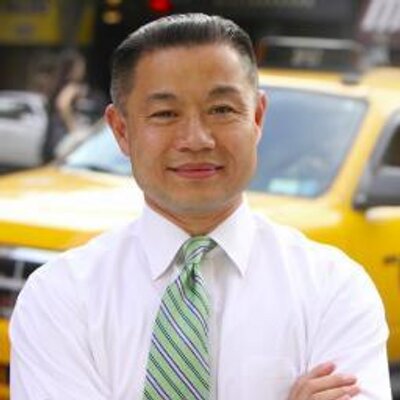
“I want to reconvene public hearings for the purpose of getting information about this budget proposal from the Governor’s representatives and the Metropolitan Transportation Authority,” said Liu. “I asked basic questions. How much is [congestion pricing] going to cost? Where is the money going to go? How much congestion will actually be reduced? I was utterly shocked they had answers to none of these questions.”
Congestion pricing would charge commuters driving into Manhattan nearly $12, truck drivers would be charged over $25 and for-hire-vehicle drivers will be charged $2 to $5 in order to bring $1 billion annually in revenue to upgrade the transit system and reduce the inflow of traffic in the city.
With no outlines on how, where and what the money is going to be spent on and how it will benefit people in Queens who are not near subways and have slow, few or no buses at all in their neighborhood, Liu is not supportive of the initiative.
“The last people you want to trust with a blank check is the MTA,” said Liu, a member of the Transportation Committee. “We will cast our vote as no, or we can be in the dialogue with the MTA and our other colleagues. There are other senators who support this because their constituents would benefit from this since they are completely dependent on the subways and buses and aren’t in a transit desert.”
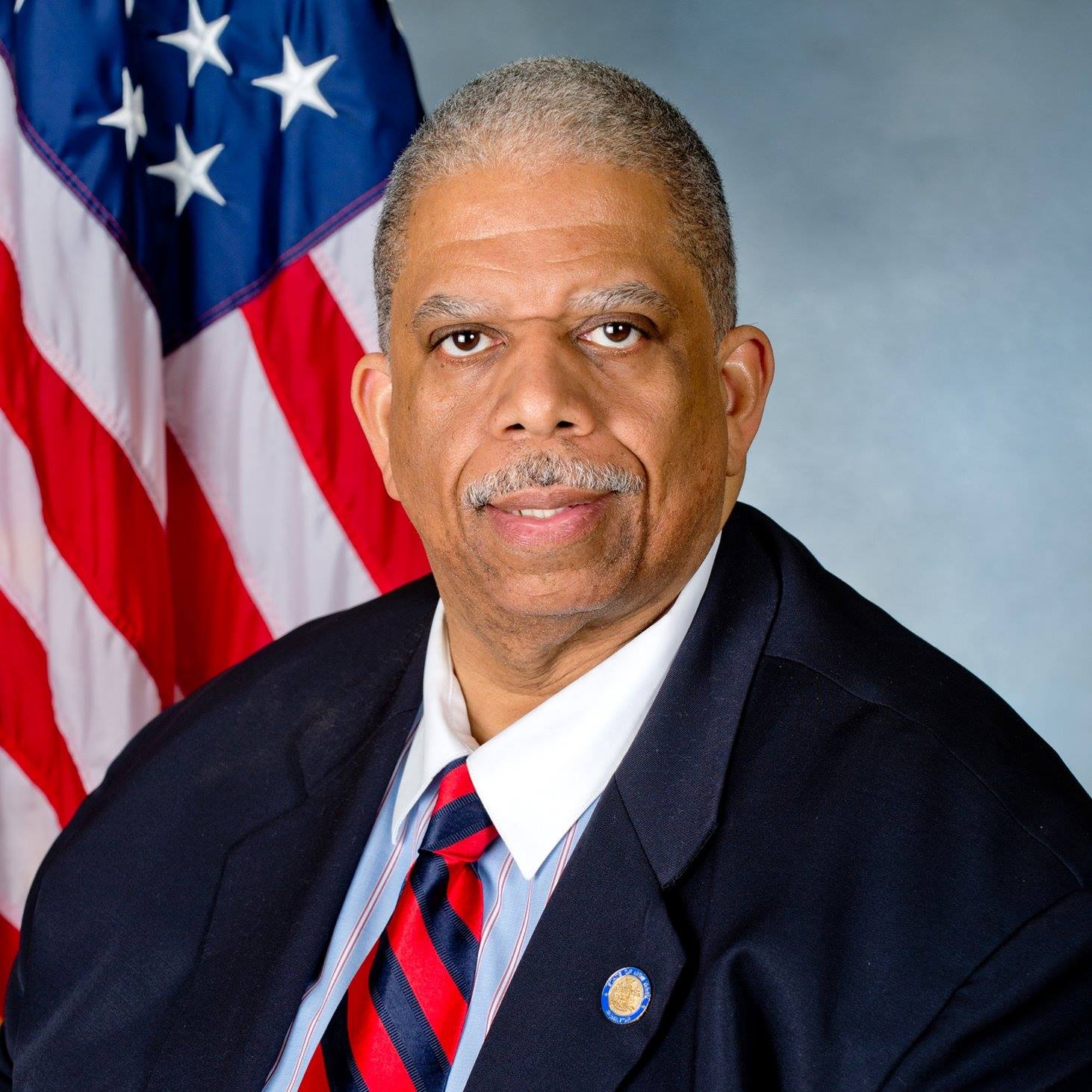
Before he decides on how to vote on congestion pricing Comrie wants to know the concerns of the people who are motorists, business owners, straphangers and transit advocates, according to the senator.
“I disagree with how the conversation on congestion pricing has been led,” said Comrie. “Instead of engaging with communities, the better boroughs- the outer-boroughs are not getting any details on resolutions, on traffic enhancements and things that need to be done so that riders can have alternative means getting into different areas. Every other municipality has had a transit plan that showed how it will reduce traffic for those from the outer reaches that was not only in place but was operational before they started any pricing programs.”
Comrie, a chairman for the Senate’s Committee on Corporations, Authorities, and Commissions has a bill that has passed the Senate floor that would force the MTA to produce a 20-year capital plan on their needs that would be reviewed by a board. S1870B would need to pass the Assembly and get signed from Cuomo to become law.
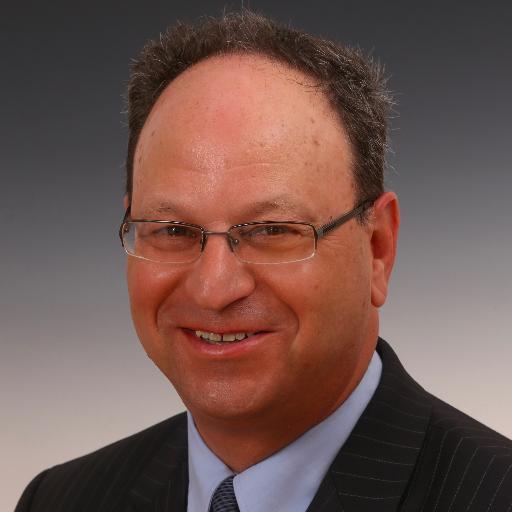
“I have a longstanding opposition to congestion pricing plans,” said Grodenchik. “This is like the ‘Seinfeld’ of congestion pricing. It’s about nothing. We don’t know where it’s going to be implemented, we don’t know how much it is going to cost and we can go on, and on, and on. I am extremely concerned about that.”
Over 100 constituents who were split on congestion pricing came out to voice their opinion on what needs to happen to fix transit.
“Maybe we need an outside consultation agency to build a capital plan,” said Sean Walsh from Douglaston.
Lourdes Hartwick from Bellerose blamed the city’s initiative to close roads down for city plazas.
“On 42nd Street there are tons of streets that are closed for parks,” said Hartwick. “That creates the congestion. I know they closed it for the tourists. I have to admit it’s nice to walk around. There are no cars and it’s enjoyable, but when I drive into the city for work it is horrendous.”
An express bus rider suggested that his form of transportation should have its own bus lane so it won’t get stuck in vehicle traffic and therefore deter other straphangers from using the service.
“Towards the city, buses getting slower and slower and it gets very gridlocked,” said the rider. “The riders are at the butt end of the stick.”
Queens resident Mike Sorvani suggested that if the underutilized LIRR were the same price as taking the bus more drivers would use the service to get into the city as well as straphangers.
“Legislators could force the commuter railroads to run subway-priced trains in the middle of the day,” said Sorvani. “People in Queens don’t take the LIRR, because it is too overpriced.”
In January, city Comptroller Scott Stringer suggested that if the LIRR were to cost $2.75 a ride that over 733,000 Queens residents would take the train and it would pull in $50 to $70 million from across the city.
Simon Abraham, a freshman at Cardoza High School in Bayside suggested that buses in eastern Queens should come more frequently and should wait for passengers when they are empty.
“If I miss the bus like the Q31 I have to wait 30 minutes for another one,” said Simon. “Sometimes if they are empty they just speed pass you just to get the green light.”
Bob Friedrich, president of the Glen Oaks Civic Association doesn’t support congestion pricing, but if it gets passed he wants bicyclists to also have to pay.
“The bike lanes are for the youngest and fittest. Not all of us can do it, but if they are proposing congestion pricing it should affect those who are riding the bicycles.”
Fresh Meadows resident Tammy Osherov believes that it might be time for the city to take control of the MTA and for more limited buses (buses that have long routes that skip minor stops).
“Someone has to be accountable,” said Osherov. “We need more limited buses on those long routes. We need more bus lines and we need more select bus services. There should also be more express buses that go into Queens Boulevard.”
St. Albans resident Frederick Edmond thinks that if citizens are paying the MTA to fix transit that it should be through bonds that the Transit Authority would have to pay back with interest.
“My understanding is that the MTA needs money,” said Edmond. “With the honorable Liu as our senator, I know that he would work very hard to create legislation for infrastructure bond issues for New York State.”
Nicole Garcia, the Queens Borough Commissioner of the New York City Department of Transportation was in attendance and offered to be a resource during the meeting. Representatives from the MTA and Cuomo’s office were invited but declined to attend the congestion pricing meeting.


